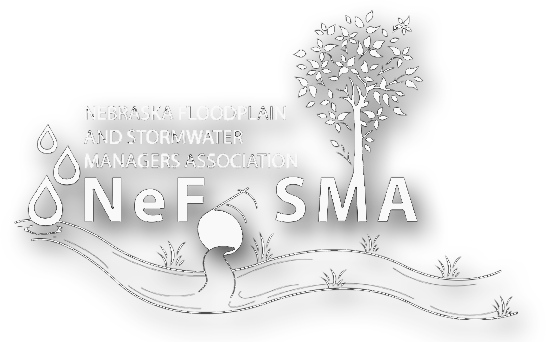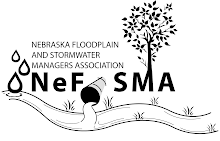"In a win for municipalities, Congress passed a bill in the lame duck session requiring federal facilities to pay local stormwater management fees, overcoming executive branch arguments that the federal government is constitutionally exempt from such fees because they count as taxes. The President signed the bill into law on January 4, 2011.
S. 3481 passed the Senate and House by unanimous consent Dec. 21 and Dec. 22, respectively. When Sen. Benjamin Cardin (D-MD) introduced the legislation June 10, he cited the need for the government to translate into action its support for new controls to mitigate stormwater pollution from federal properties.
Cardin drafted the bill in response to findings by the Government Accountability Office and General Services Administration (GSA) in April that stormwater fees charged by the D.C. Water and Sewer Authority - intended to help reduce pollution in the Chesapeake Bay -
are equivalent to a tax on the federal government, and thus unconstitutional (Water Policy Rept, June 7).
EPA has recently been pushing municipalities to tighten stormwater permits - known as municipal separate storm sewer system permits - to widely reduce the amount of pollution runoff from paved surfaces such as parking lots. Stormwater is considered by the agency to be the leading cause of water quality impairment, and many cities have chosen to offset the costs of upgrading their stormwater facilities with stormwater fees for property owners.
Cardin, who chairs the Senate Environment & Public Works water and wildlife panel, praised the bill in a Dec. 21 statement. "At stake has been a fundamental issue of equity: polluters should be financially responsible for the pollution that they cause, including the federal government," Cardin said.
The National Association of Clean Water Agencies (NACWA), which represents municipal wastewater utilities, says the bill "will benefit communities in 15 states and the District of Columbia that are currently experiencing issues with federal payment of these fees. In addition, the legislation will provide certainty to communities that may enact stormwater fees in the future to meet growing stormwater management responsibilities."
What Does This Mean in Nebraska?
Nebraska is not one of the 15 states that this bill will affect at the current time. In states that are affected, it will mean money added to the stormwater fees collected that have historically not been available to municipalities and stormwater regulatory entities. Federal facilities like post offices, federal court buildings, Social Security offices, civil service buildings and military installations, etc. have historically claimed that federal facilities were exempt from local stormwater fees, because they were "federal government." This claim can no longer be made by federal facilities. With the passage of the Bill, municipalities can increase their revenue on stormwater fees which means they can do more for regulatory compliance and enforcement. This means more regulatory ability, which translates into more business for members who are consultants, stormwater plan writers, contractors and BMP installers.
It also means EPA and lawmakers are effectively putting their money where their mouth is so to speak and standing behind their every strenghtening regulations and innitiatives to reduce non-point source pollution from urban stormwater runoff.



